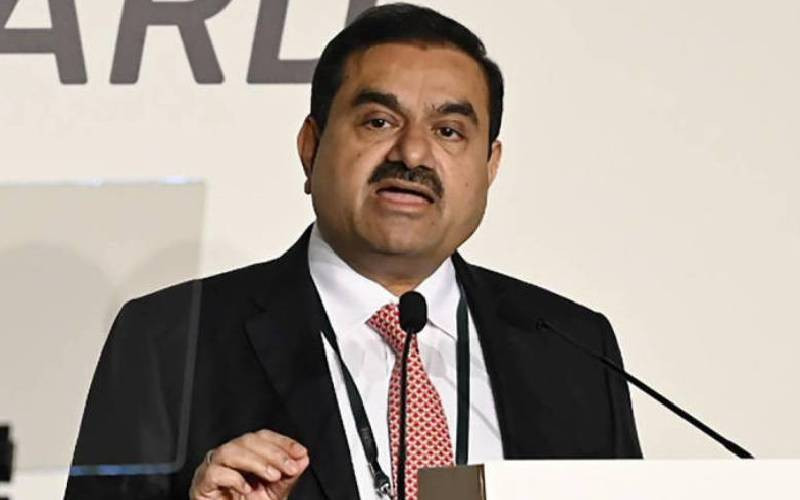×
The Standard e-Paper
Smart Minds Choose Us

As the Energy Regulatory Commission (ERC) prepares to publish its monthly revised fuel prices, it is not only the motorists who will be having their fingers crossed, but manufacturers, distributors and consumers along the value chain will also be on the lookout to see if the new Excise Duty Act 2015 will have any bearing on cost.








